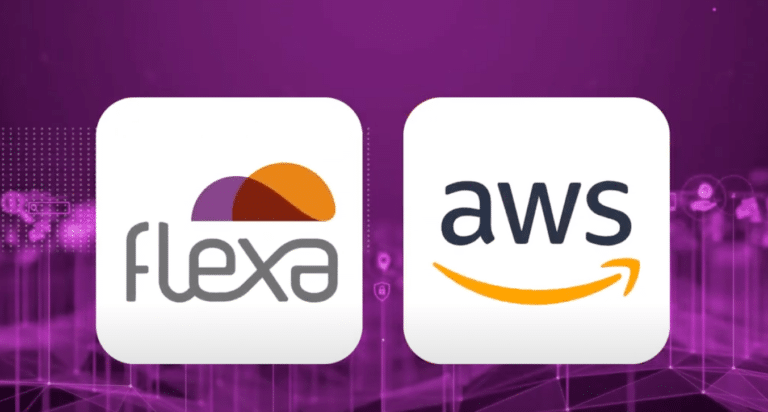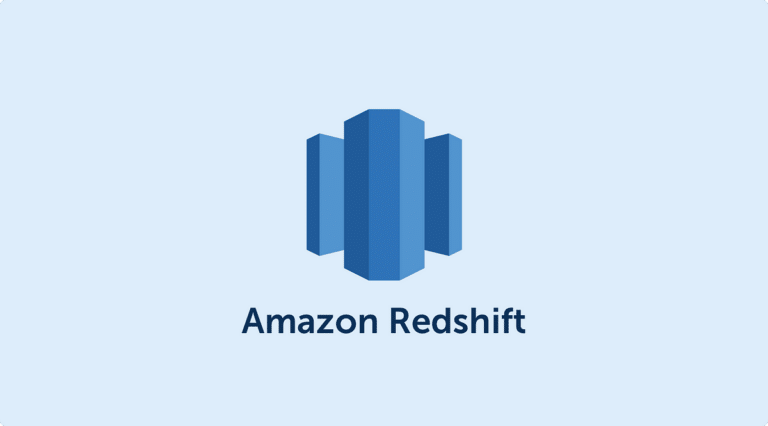In recent years, Docker has emerged as a foundational technology in application development and deployment. But after all, what is it and why has it become so popular? In this article, we will explore the concept behind Docker and we will examine its significant advantages.
Understanding Docker
Docker is a container platform that allows you to package, distribute, and run applications and their dependencies in isolated environments called containers. Each container encapsulates the application along with all the libraries and components needed to run it, ensuring that the application works consistently regardless of the environment in which it is running.
How it works
The platform uses the concept of images and containers:
- Picture: An image is a read-only package that contains all the instructions for creating a container. It includes the operating system, libraries, application code, and its dependencies.
- Container: A container is a running instance of an image. It provides an isolated environment where the application can run without interfering with other applications or system components.
In this way, it provides a consistent and reliable way to run applications across different environments, from local development to cloud deployments.
Advantages of Docker
1. Portability
The images Docker are lightweight and portable, which means that a container can run on any system that supports it, regardless of differences in environment.
2. Isolation
Docker containers isolate applications and their dependencies from each other, ensuring there are no conflicts between different applications or library versions.
3. Consistency
Because Docker images define all configurations and dependencies, application execution is consistent across any environment, reducing errors and incompatibility issues.
4. Scalability
Docker containers can easily scale horizontally to handle load variations. This is especially useful for applications that require rapid scalability.
5. Resource Efficiency
By sharing host operating system resources, Docker containers are lighter compared to virtual machines, resulting in more efficient resource utilization.
6. DevOps and Development Cycle
Facilitates continuous integration, continuous delivery (CI/CD), and automated deployments, accelerating the development cycle and reducing time to market.
Docker has revolutionized the way applications are developed, deployed and managed. With its container approach, it offers portability, isolation, and efficiency, enabling developers to build, test, and deploy applications faster and more reliably. If you haven't explored Docker yet, now is a great time to start taking advantage of its benefits and boost your software development process.


















8 responses
Wow, wonderful weblog format! How long have you ever been running a blog for?
you make blogging look easy. The total look of your website is fantastic,
let alone the content! You can see similar here online shop
Hi! Do you know if they make any plugins to help with Search Engine Optimization? I'm trying to get my blog
to rank for some targeted keywords but I'm not seeing very good results.
If you know of any please share. Appreciate it!
You can read similar article here: Najlepszy sklep
Hi there! Do you know if they make any plugins to
assist with SEO? I'm trying to get my blog to rank for some
targeted keywords but I'm not seeing very good
results. If you know of any please share. Cheers! You can read similar art here:
Dobry sclep
Hey there! Do you know if they make any plugins to
help with Search Engine Optimization? I'm trying to get my blog to rank for
some targeted keywords but I'm not seeing very much
good gains. If you know of any please share. Cheers!
You can read similar blog here: Najlepszy sklep
Hello! Do you know if they make any plugins to help with Search Engine
Optimization? I'm trying to get my site to rank for some
targeted keywords but I'm not seeing very good results.
If you know of any please share. Thank you! I saw
similar article here: Link Building
Hello there! Do you know if they make any plugins to assist with Search
Engine Optimization? I'm trying to get my website to rank for
some targeted keywords but I'm not seeing very good success.
If you know of any please share. Thanks! I saw similar text here: Hitman.agency
Hey there! Do you know if they make any plugins to help with Search Engine Optimization? I'm trying to get my blog to rank for some targeted
keywords but I'm not seeing very good gains. If you know of any please share.
Kudos! You can read similar art here: Backlink Portfolio
Hello! Do you know if they make any plugins to help with Search Engine
Optimization? I'm trying to get my website to rank for some
targeted keywords but I'm not seeing very good success.
If you know of any please share. Thanks! You can read similar text here: List of Backlinks